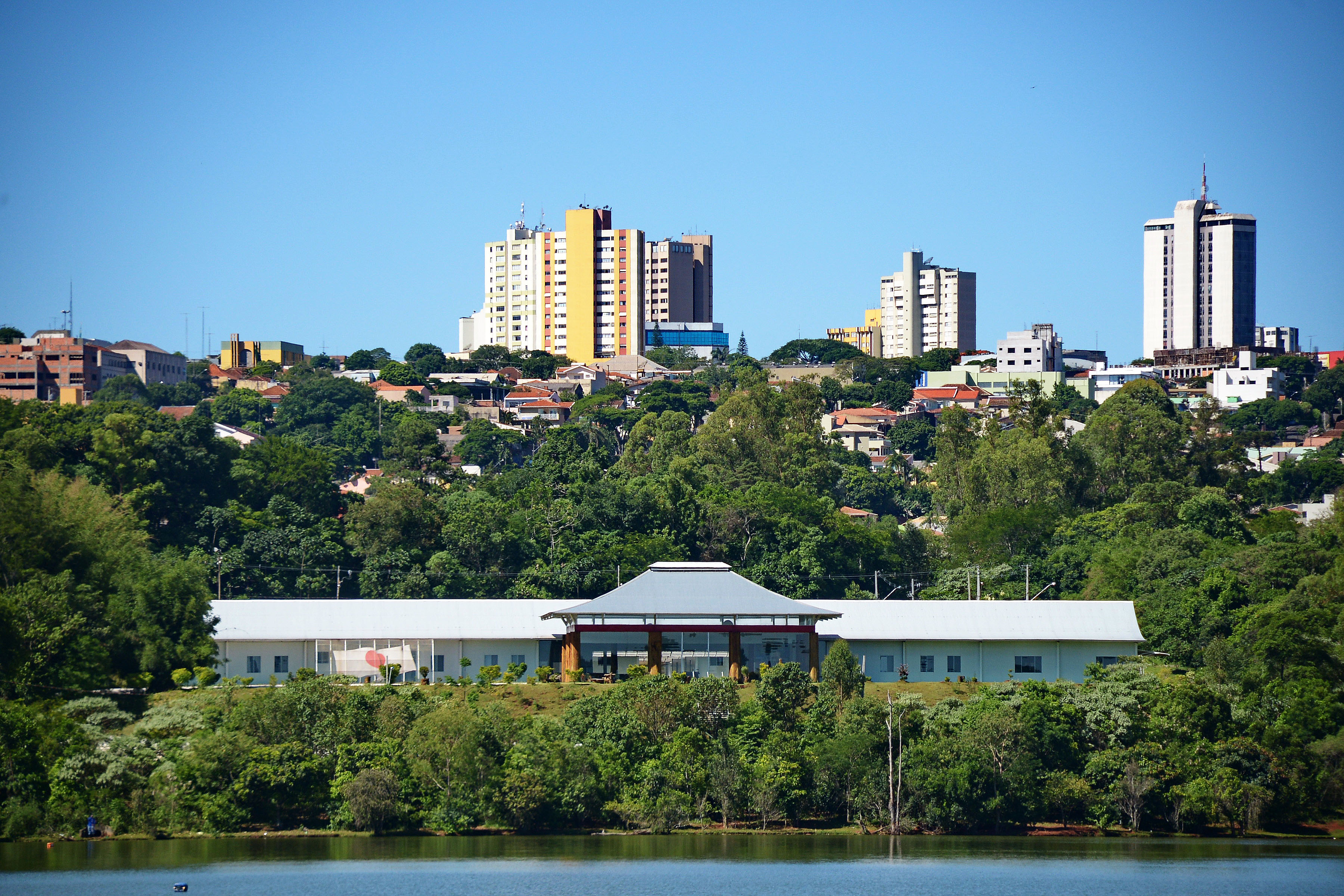WASHINGTON, USA (FOLHAPRESS) – At the end of the first edition of the Democracy Summit, the United States asked the Brazilian government to expand the democratic inclusion of blacks and indigenous peoples and expand law enforcement.
“We continue to encourage the Brazilian government to promote social inclusion across its rich and diverse culture, including Afro-Brazilians, indigenous peoples, and other groups through sustainable development, environmental protection and expanded law enforcement,” said Ozra Zea, Undersecretary of the Ministry of Civil Security. Democratic and Human Rights Government Joe Biden, in an interview shortly after the event ended.
The summit was held over three days and was attended by representatives from nearly a hundred countries. Leaders were asked to make commitments for the next year on how to improve political participation and ensure fair elections. The data appeared in video recordings throughout Thursday (9) and Friday (10).
In his speech, President Jair Bolsonaro (PL) shrugged off the scandals and said the country had not recorded cases of corruption in the federal government in three years. Bolsonaro also stated that Brazil had adopted “the most ambitious and comprehensive anti-corruption plan in the country’s history.” On Thursday, the government launched a mini-package on the topic at an event in Brasilia, which intends to regulate the lobby, increase the transparency of the public’s agenda for the authorities and ensure the protection of the server that reports violations.
“Bolsonaro’s rhetoric runs counter to Brazilian political and social reality. Bolsonaro and his government continue to violate the rights of indigenous peoples, by supporting bills that could lead to the expropriation of indigenous lands and expanded deforestation,” says Iman Musa, advocacy director for the Washington office in Brazil.
James Green, professor of Brazilian history at Brown University, believes that Brazil’s presence at summits like this one is essential, because such events are part of complex geopolitical strategies. Dealing with Bolsonaro, as with Trump, requires some degree of pragmatism on the part of Democrats. On the other hand, we see a growing concern about Brazilian democracy on the part of the US Congress,” Green, who is also a coordinator of the US Network for Democracy in Brazil (USNDB)
Brazil is the second largest democracy in the hemisphere and the fourth largest in the world. So Brazil can share a unique perspective on the challenges of achieving democracy [resultados] In the Western and Southern Hemispheres, Zea hung.
The undersecretary said the summit served as a stepping stone, and that 2022 will be the “year of action”, when countries must implement the proposals made. As of Friday afternoon, the US government had not released a list of commitments made by foreign governments, which should relate to fighting corruption and authoritarianism and protecting human rights.
Thus, the end of the meeting was marked by rare declarations, without a joint closing declaration. In his brief closing address, which was half an hour late, Biden repeated the phrases he made Thursday about the importance of democracy and provided an example of a new coalition agreement formed by Panama, Costa Rica and the Dominican Republic, to strengthen their institutions. and increase transparency. “This is the kind of commitment and partnerships I hope to see more of next year,” he commented.
“We have highlighted the importance of press freedom and how advancing the status of women and girls is an investment in the success of our democracies,” the president said.
So far, among the practical steps at the meeting, the US government has announced a $424 million package for initiatives in five areas: supporting independent journalism, fighting corruption, promoting democratic reforms, adopting new technologies, and calling for elections. However, the exact destination of this money will remain to be determined in the coming months.
In addition, an initiative was launched to curb the misuse of technology by governments, such as mechanisms for spying on citizens and censoring content. The proposal has only been approved by Canada, France, the Netherlands and the United Kingdom.
On the other hand, the US State Department has created a Global Anti-Corruption Coordination, to integrate and expand procedures and develop practical strategies to impede the circulation of stolen public funds around the world, such as increasing transparency around shell companies and buying real estate on US land for cash.
“Recognizing that corruption is a global problem, and cannot be solved by just one country, because it is international in nature, is an important issue that emerges from the top,” assesses Robert Herrera, senior fellow at the NGO Freedom House, which monitors democracy around the world. It is believed that there were good-level discussions throughout the event, which had virtual tables between authorities, activists and researchers.
The summit had little space in the American press. CNN and MSNBC, the news channels that regularly broadcast nearly all of Biden’s statements, cut the event’s opening speech in half and reverted to local news, for example.
The meeting was also marked by a discussion about the inaccuracy in the criteria for summoning some countries but not others. China and Russia, who were not invited because they had authoritarian regimes, accused the United States of using the summit to generate division in the world and argued that the American model could not be considered the only valid form of democracy.
This summit was not directed against any country. It was about a positive agenda to defend democracy. The United States is not an arbiter of who is a democrat and who is not. “This is a question of legitimacy that ultimately concerns every citizen of these countries,” Zia said.
The Undersecretary said that the list of invitees seeks to be comprehensive and representative with respect to each region of the world. “Not being included in a country is meant to be a sign of disapproval. Quite the contrary. This is a global agenda for the United States,” he added.



“Friendly zombie guru. Avid pop culture scholar. Freelance travel geek. Wannabe troublemaker. Coffee specialist.”

:strip_icc()/i.s3.glbimg.com/v1/AUTH_59edd422c0c84a879bd37670ae4f538a/internal_photos/bs/2023/C/5/A4lWrPQSSw0QsBXkdijQ/greve-medicos.jpg)



